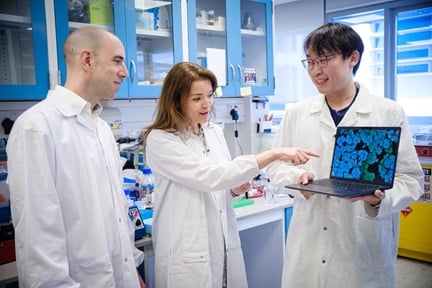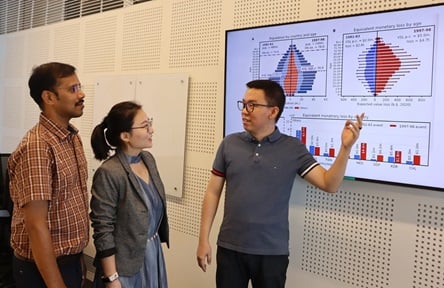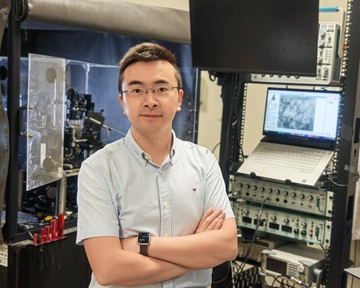3D model to study vascular diseases

A Singapore team of scientists and clinicians from NTU Singapore and Tan Tock Seng Hospital (TTSH), have developed a three-dimensional (3D) model of the human artery blood vessel wall.
Called an “arterial wall-on-a-chip”, it will help researchers study atherosclerosis, a condition in which cholesterol and inflammatory cells form a plaque on blood vessel walls that results in the vessels narrowing and constricting blood flow, leading to cardiovascular diseases.
This 3D model resembles a sandwich. It comprises a 3D culture of vascular smooth muscle cells, a soft gel layer in the middle, and a layer of endothelial cells that line the inside of the heart and blood vessels. This last layer controls the exchange of molecules between the bloodstream and the surrounding tissues.
The team used this new microfluidic chip, which mimics the cross-section of an arterial wall, to study the effects of oxidative stress on blood vessels, which is usually caused by conditions such as high cholesterol (hyperlipidemia) and inflammation.






